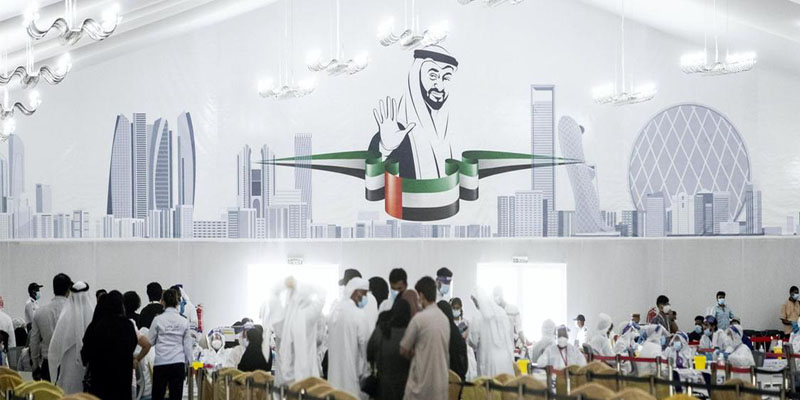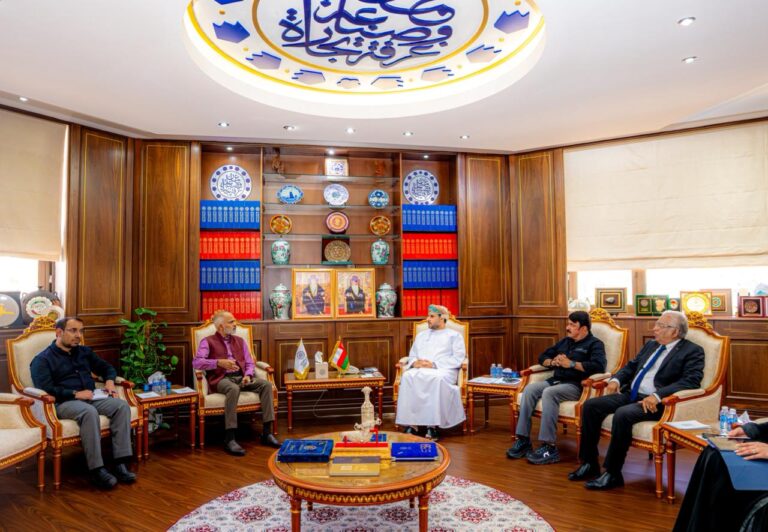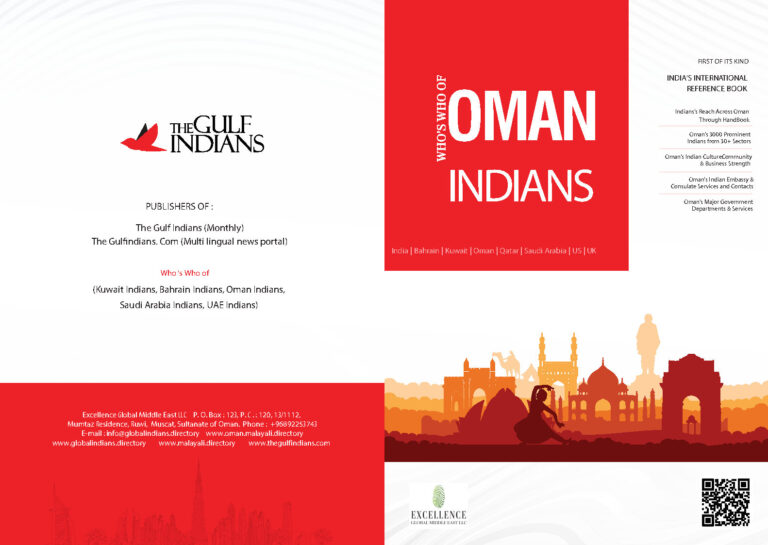Our Correspondent
In line with its efforts to curb the spread of the COVID-19 pandemic, Abu Dhabi has updated its protocols for visitors and residents on September 4. So far, the pandemic has infected 72,766 people in the UAE.
From September 5, residents and visitors can enter the emirate of Abu Dhabi within 48 hours of receiving a negative PCR (Polymerase Chain Reaction) or DPI (Diffractive Phase Interferometry) test result, notified the Abu Dhabi Emergency, Crisis and Disasters Committee. It also said that residents and visitors who enter and stay for over six consecutive days within Abu Dhabi must take a PCR test on the sixth day of each visit, to protect the health and safety of all.
DPI test results no longer require a prior PCR test. Earlier, a person had to undergo both tests to enter Abu Dhabi.
For a PCR test, a nasal swab is done while DPI test is a laser-based test that uses blood samples to detect the coronavirus. It helps the health authorities to conduct large-scale screening within a few seconds. The rapid test costs Dh50, while the PCR swab usually costs Dh370. The Ghantoot screening centre at the Dubai-Abu Dhabi border processes 6,000 samples a day.
The Abu Dhabi government is using electronic wristbands as part of its effort to enforce isolation and reduce the spread of COVID-19. The device serves as a tracing and monitoring tool and is linked to the COVID-19 testing and tracing app, Al Hosn, and will be used to make sure that self-isolating people actually stay at home.
The smartwatch helps to identify and track the geographical location of the patient and ensure that he or she does not leave home and jeopardise public health. These smart tools are provided to the patients free of cost.
Tampering with the tracking device or app installed by authorities can invite a fine of Dh20,000.











